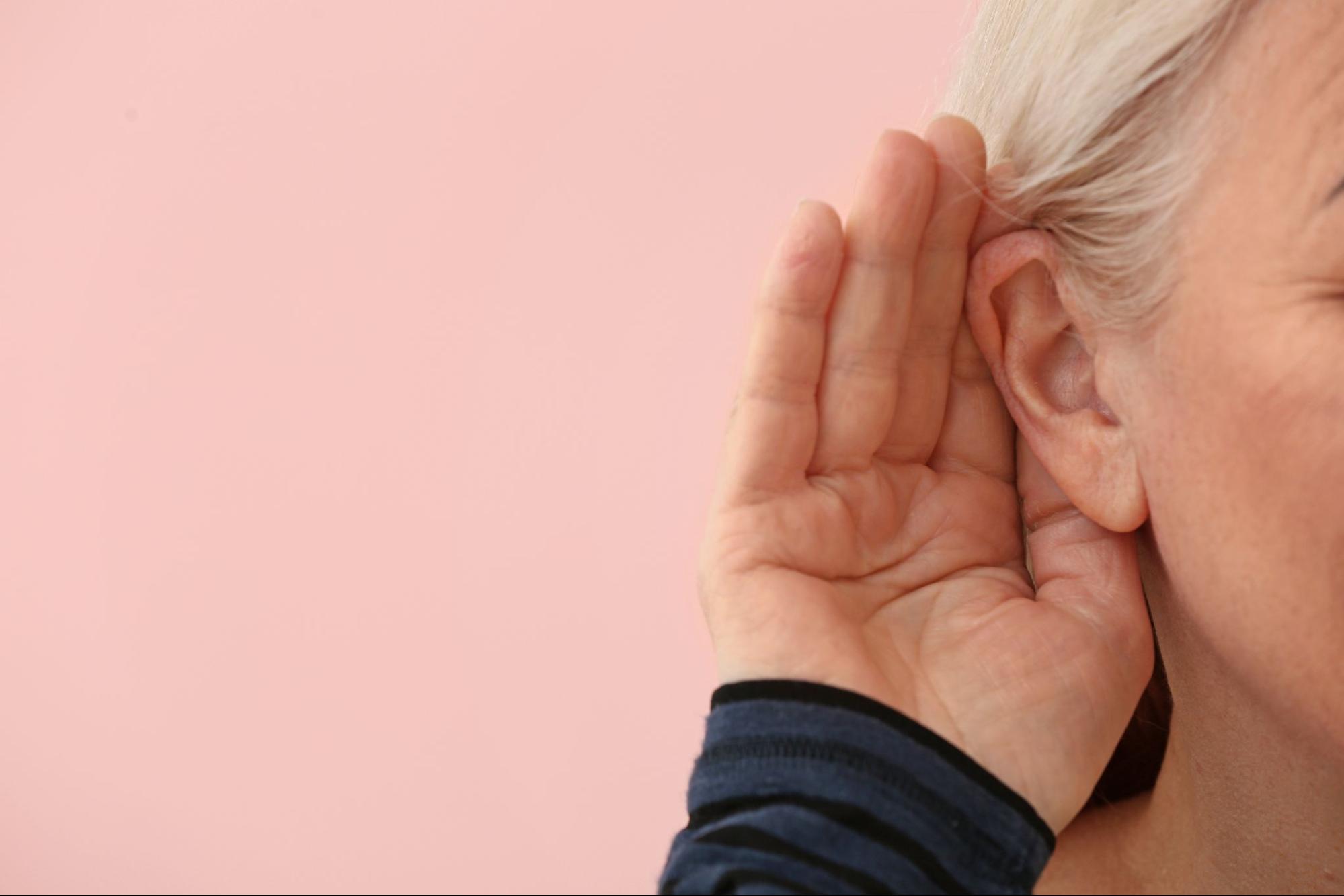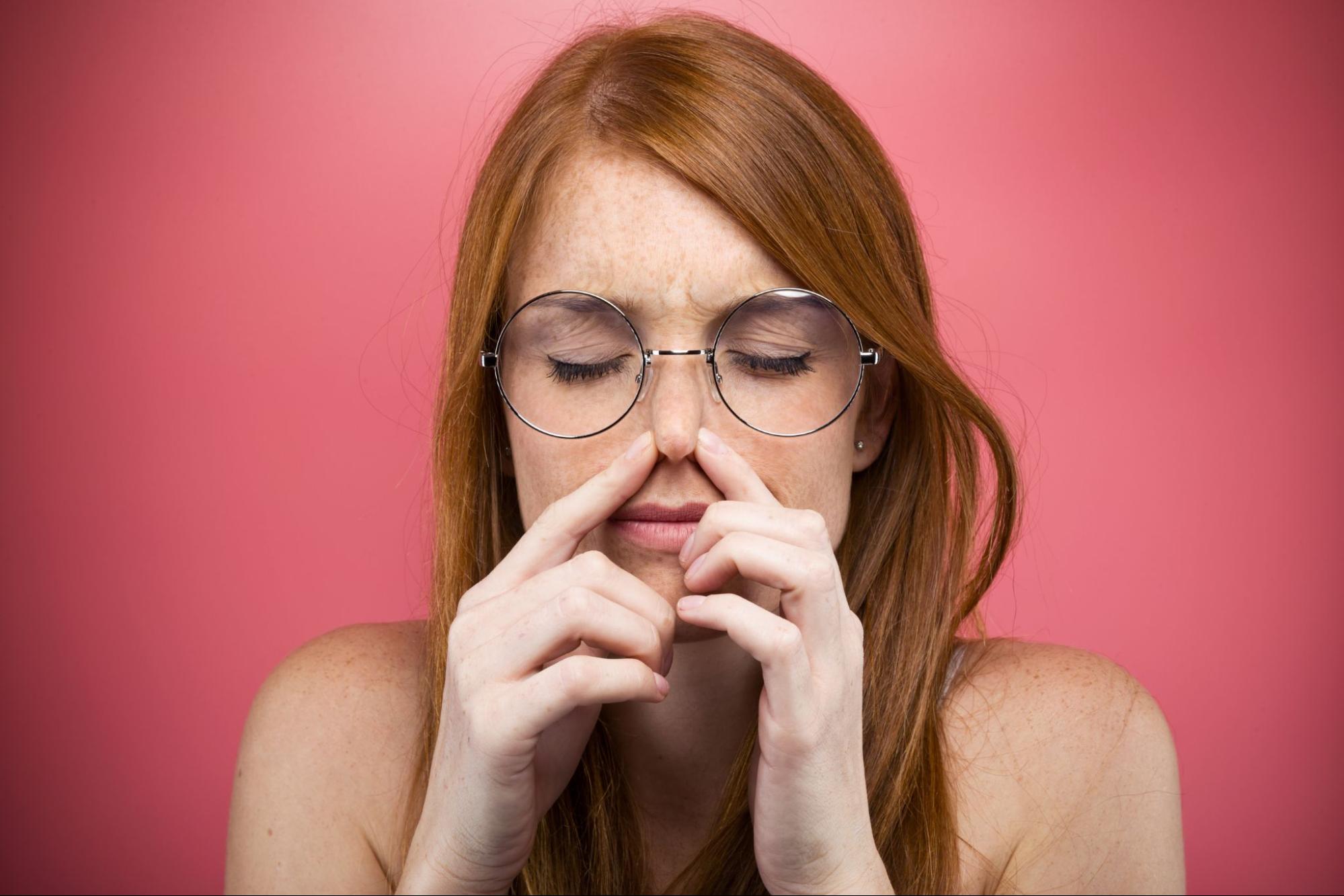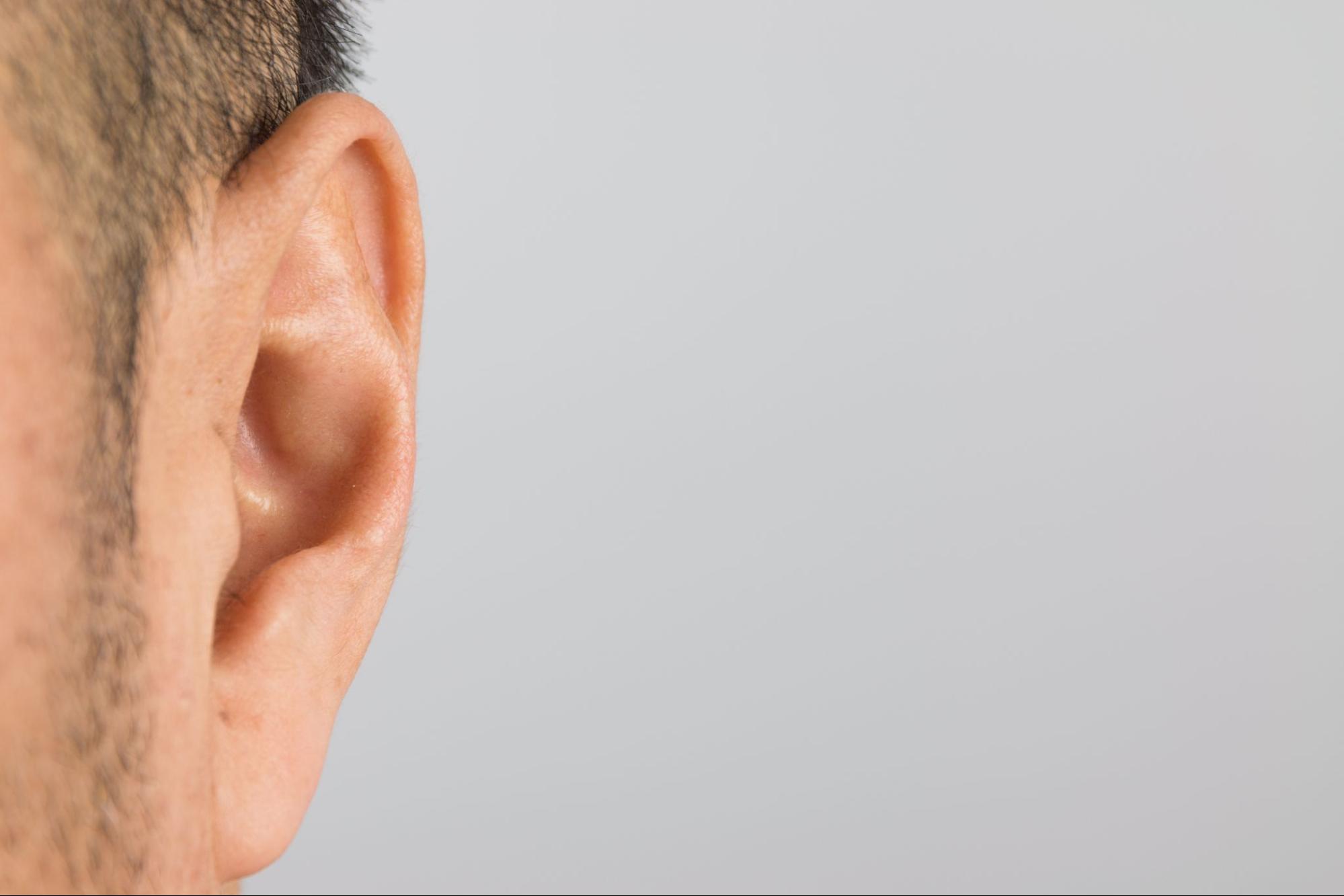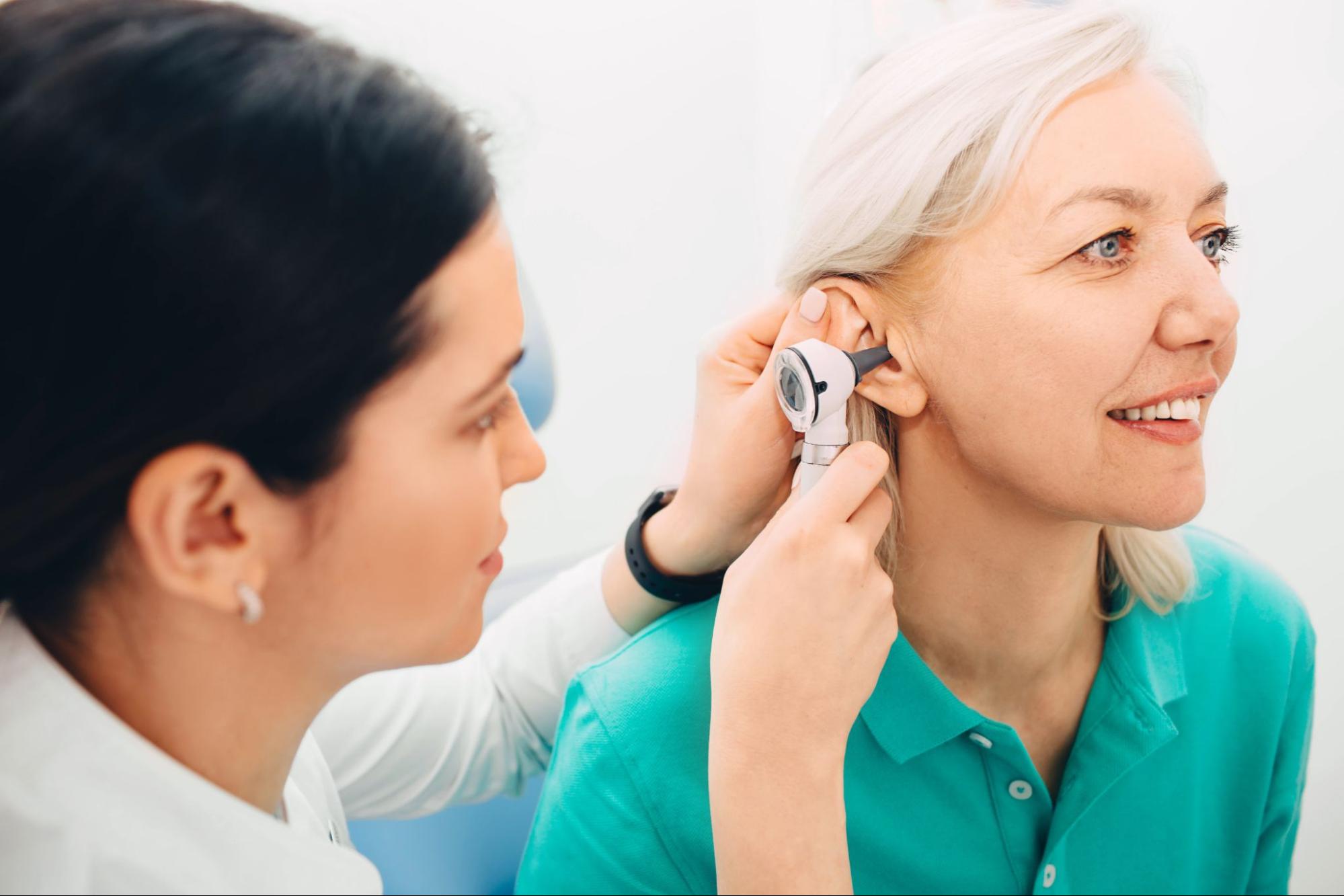If you’ve ever experienced popping sensations in your ear, you aren’t alone. Even though it’s a relatively common phenomenon, ear popping can be concerning and downright frustrating.
On top of that, it can be hard to tell if you’re experiencing normal ear popping or something that’s a cause for greater concern.
Luckily, it’s usually not serious, and many home remedies can offer relief.
Keep reading to learn about what causes ear popping, how to pop your ears if they feel plugged, and the treatments available if it turns out that your ear popping is a sign of something more serious.
What Causes Ear Popping?
In most cases, altitude changes cause ear popping that only lasts a short while. It’s totally normal for this to happen, and the good news is that it usually isn’t anything to worry about.
But if you’re not on a plane, scuba diving, or driving up a mountain, and you’re still experiencing a plugged sensation or popping in your ears, you might be wondering what’s causing it.
Aside from changes in altitude, here are a few conditions that could be the culprit behind ear popping and crackling.
1. Eustachian Tube Dysfunction
One of the most common causes of ear popping is Eustachian tube dysfunction (ETD.) The Eustachian tube is a canal situated in your middle ear that connects to the back of the nose. This tiny tube is responsible for clearing the mucus out of your middle ear and equalizing air pressure between your outer and inner ear.
Eustachian tube dysfunction can happen when a blockage prevents it from adequately equalizing pressure. Conditions like ear infections, allergies, and sinus infections are often the cause of these blockages. For instance, many people experience ETD because of the common cold.
A lot of the time, ETD will resolve itself. But if your symptoms linger, it may be a good idea for you to schedule a doctor’s visit for medical advice.
2. Earwax Buildup
Excessive wax production and the misuse of cotton swabs are common causes of earwax buildup. Sometimes when you clean your ears with a Q-Tip, you could end up pushing the wax further into your ear canal.
While earwax is a valuable part of your body’s defenses, too much of it can cause clogged ears and the pesky crackling sensations that come along with it.
If you have earwax buildup, you might also experience symptoms such as:
- Ear ringing
- Ear pain or discomfort
- Dizziness
- Difficulty hearing
Your doctor may decide to remove the wax in a clinic since they have all the tools to remove stuck earwax right then and there. In some cases, they may recommend you use an oil-based solution to remove earwax at home.
On that note, remember, try not to remove it with a Q-tip, as this may worsen your ear troubles.
3. TMJ (Temporomandibular Joint) Disorders
TMJ is a condition in which your temporomandibular joint isn’t functioning correctly. Teeth grinding, jaw clenching, and traumatic injury are all common causes of this condition.
Well-known symptoms of TMJ are jaw pain and soreness, but it can also cause popping and crackling sounds that may sound like they’re coming from your ears. In reality, these noises are likely coming from your jaw.
Other symptoms associated with TMJ include:
- Headaches
- Dizziness
- Difficulty chewing
- Clicking sounds from the jaw
Over-the-counter painkillers, ice packs, jaw massages, and jaw exercises can help manage mild cases of TMJ. If you suffer from TMJ, your doctor may provide medical advice and prescription medication to help you manage the pain.
Home Remedies for Ear Popping
Here are some home remedies that can help you pop your ears naturally and safely.
- Swallowing: This activates the muscles around your Eustachian tubes and may relieve some pressure. Try sipping water, chewing gum, or sucking on a piece of hard candy to encourage yourself to swallow more.
- Yawning: Yawning opens the Eustachian tubes so that air can flow in and out of the middle ear, equalizing the ear pressure.
- Toynbee maneuver: This technique involves pinching your nose and swallowing. The movement of the tongue opens the Eustachian tube and passes air through the middle ear.
- Valsalva maneuver: To do this, pinch your nose and close your mouth. Then, try to exhale through your nose. This works by pushing air over your Eustachian tubes to equalize the pressure.
- Frenzel maneuver: Pinch your nose, fill your mouth up with a small amount of air, and close your throat. Next, try and make a “K” sound. When you do this, the movement of your tongue may help relieve ear pressure.
Prevention for Ear Popping
Like we mentioned earlier, allergies, sinus infections, ear pressure changes, and earwax buildup are frequent causes of ear popping and Eustachian tube dysfunction.
With that said, here are several tips that can help you prevent ear popping in the future.
- Stay healthy and avoid infections: Wash your hands often and avoid large crowds. Beyond that, do your best to avoid people with colds or other respiratory infections.
- Manage your allergies: If your allergies are the cause of the ear popping, your doctor may recommend antihistamines or decongestants.
- Practice good ear hygiene: Clean your ears gently using over-the-counter ear cleaning drops or mineral oil.
- Avoid extremely loud noises: Exceedingly loud sounds can damage your eardrums and exacerbate conditions like tinnitus.
When Should You See Your Doctor?
If you struggle with ear popping, discomfort, or earaches over a prolonged period of time, it’s best to have a professional assess your situation.
With that in mind, here are some specific signs it may be time to go see your doctor for ear popping:
- The popping sensations are impacting your ability to hear.
- You discover ear discharge.
- You have popping, crackling, or ringing in your ears continuously.
- You have earaches or pain.
- You experience dizziness or lightheadedness.
Possible Professional Treatments
Most of the time, short-term ear popping will resolve itself. But if it doesn’t, your doctor may recommend treatment options to get you back to normal again.
That said, your doctor’s recommendations will be different depending on the root cause of your ear problems.
Possible treatments for ear popping or crackling include:
- Determining and treating allergies
- Decongestants to help open the Eustachian tubes
- Intranasal steroids to reduce swelling in the nose
- Earwax removal
In severe cases, your doctor may recommend surgical treatment. Ultimately, the treatment you receive will depend on the root cause of your ear troubles.
Keep Your Ear Health in Check
All in all, the occasional ear pop usually isn’t anything to worry about. It’s a natural process that occurs when your ears adjust to different altitudes and air pressures.
But sometimes, your ear can feel “plugged” for an abnormal amount of time. And if you experience other symptoms like pain, discomfort, and hearing loss along with ear popping, it’s best to contact your doctor to find out why.
Sometimes there can be an underlying issue behind the strange sensations in your ear, and the earlier you catch it, the better.
If you’ve noticed that your hearing doesn’t feel as sharp as it used to be, and ear popping isn’t the culprit, it may be time to check up on your ear health.
FreeHearingTest.org offers a free phone hearing screening test that only takes five minutes to complete.
Alternatively, you can take MDHearingAid’s free online hearing test. It’s designed to work with headphones and only takes about eight minutes to complete.

Alicia Schultz
Freelance Writer
Alicia Schultz is a Minnesota-based freelance health writer, coffee-lover, and wellness enthusiast. Much of her work is geared toward spreading knowledge that can positively impact the world. When she’s not writing, you can find her in the gym, hanging out with her family, or exploring somewhere new with her dog, Bonzo.




